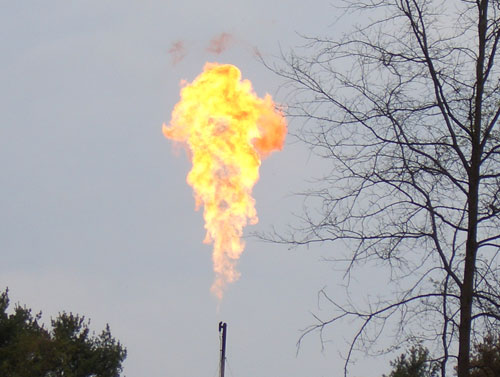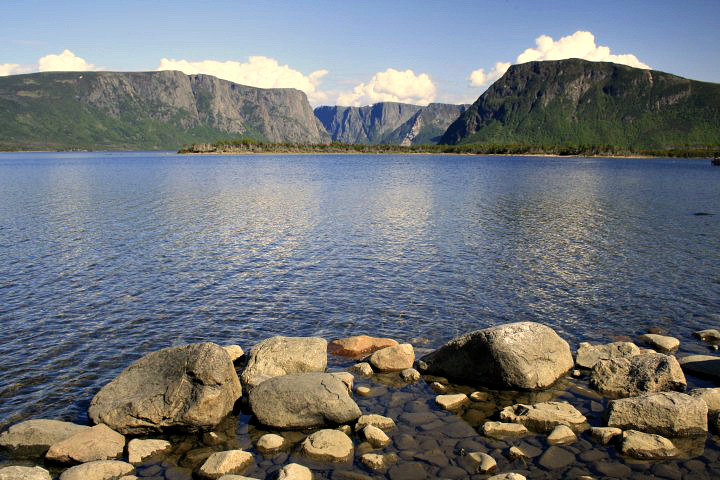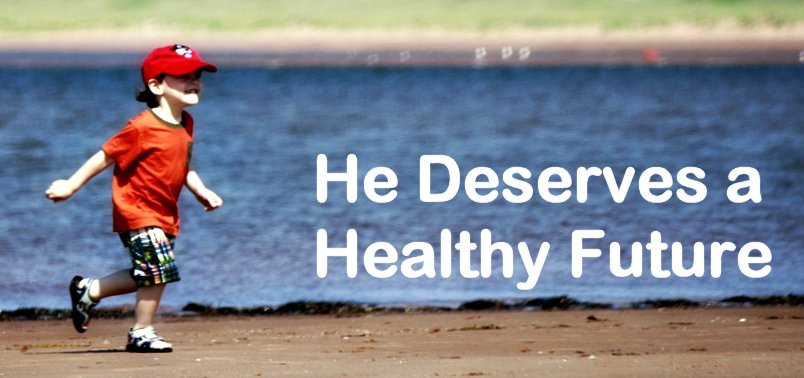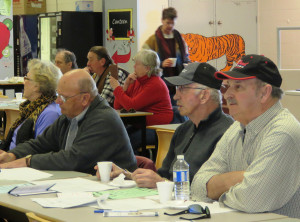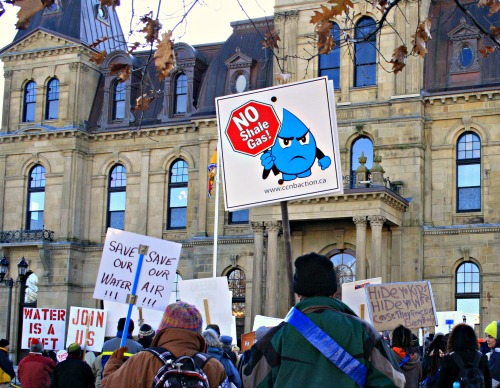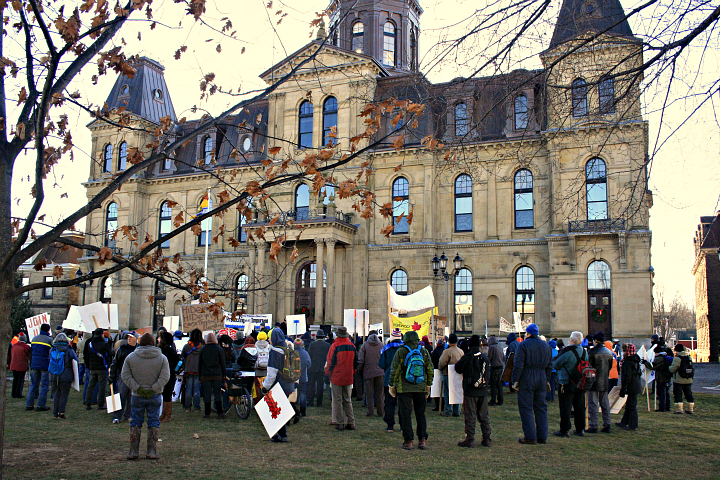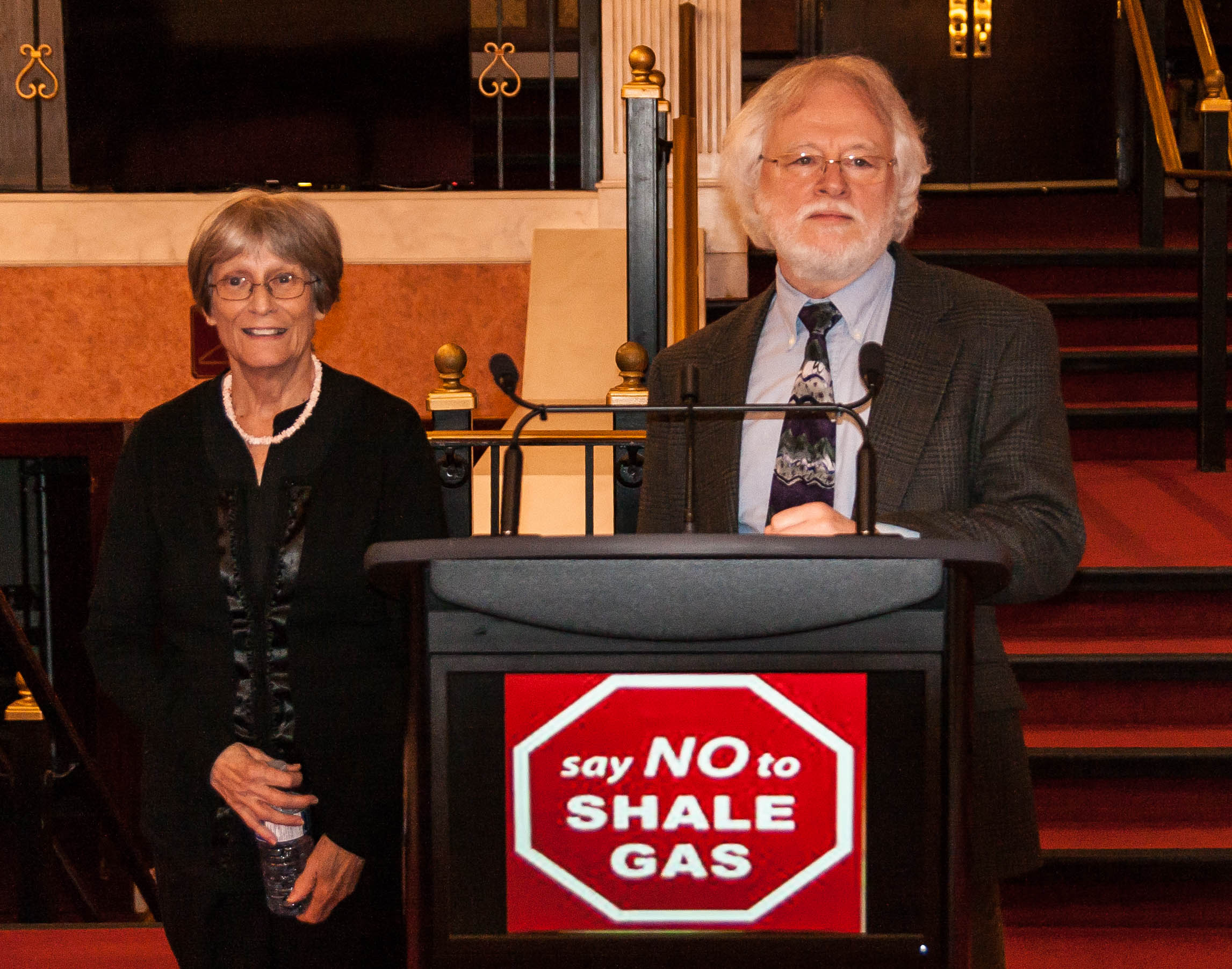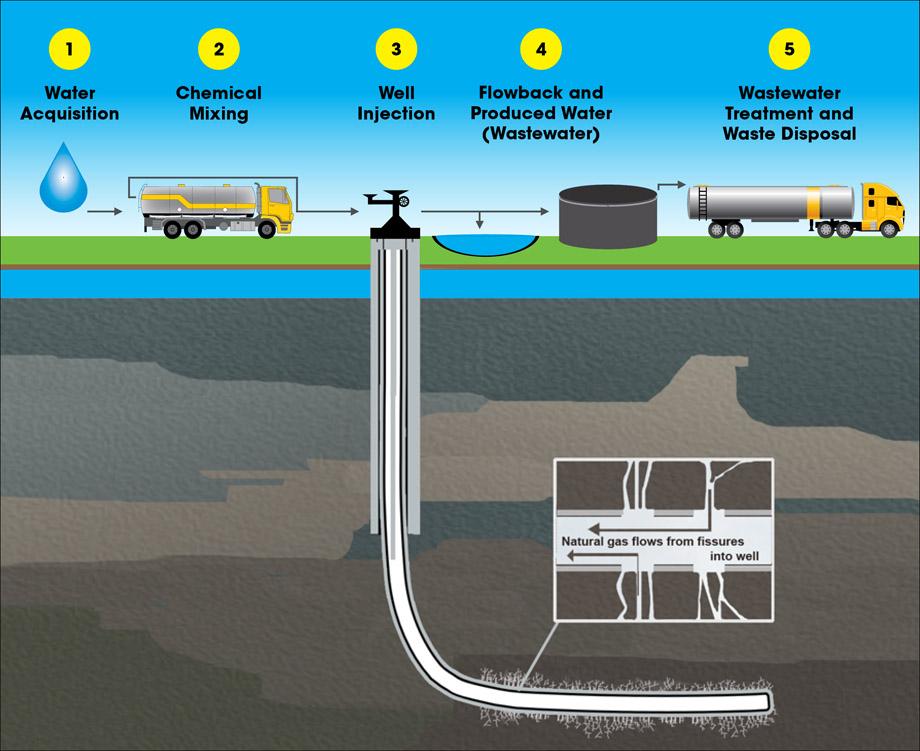
Commentary by Jim Emberger
Judging from editorial page content regarding the new EPA draft report on hydrofracturing, only a few writers have read beyond the single, misleading headline repeated in the media, which said that the EPA did not find“widespread or systemic impacts on drinking water.”
The report itself offers two equally plausible explanations for that finding. It said that maybe there really aren’t widespread impacts, but that it’s just as likely that the poor quality and limited quantity of data made it impossible to judge the size of impact. The following quotes from the report cite these shortcomings.

